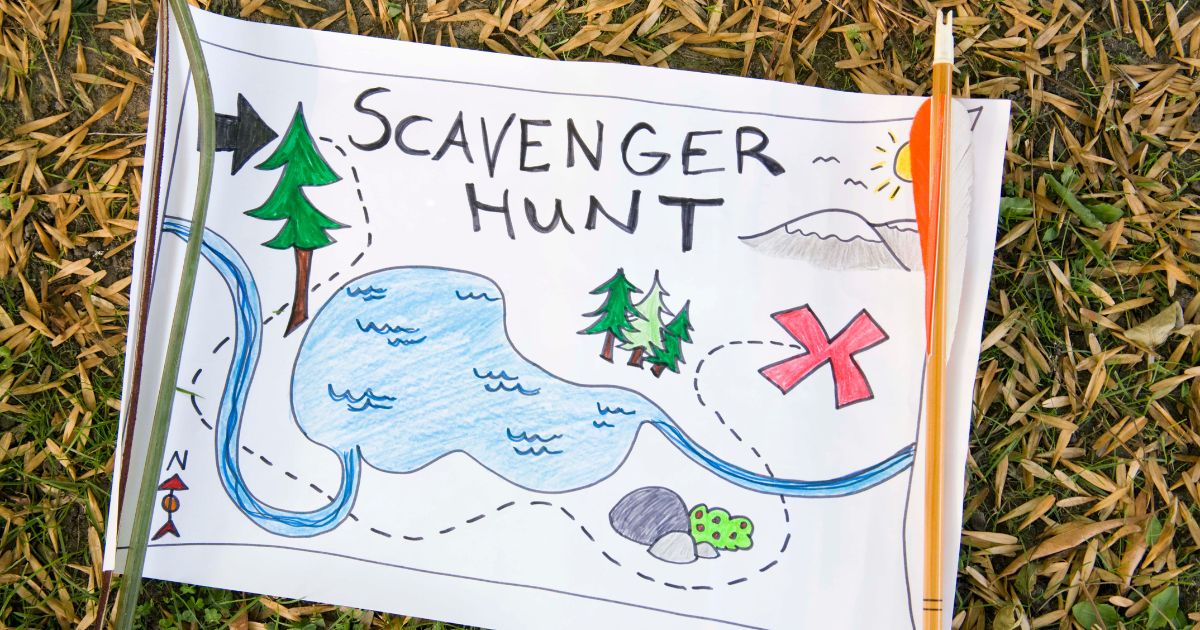Expand your student’s Learning and Creativity Skills
Are you finding enjoyable and beneficial musical activities for your student’s growth? With unlimited screen time options, you might wonder how to engage your child in a way that truly supports their development.
Educational musical games offer a fantastic solution for elementary students. These games are fun and vital musical equipment for enhancing memory, creativity, and social skills. This article will explore engaging musical games that can help your child learn and grow while increasing your confidence.
Seven simple, fun Educational games for students
1. Musical Chairs
Musical Chairs is a timeless game that teaches kids about fair play, quick decision-making, and coping with loss. Set up chairs in a circle and remove one each round, having children walk around while the music plays.
- Materials – Chairs, music player.
- How to play – Classic game with a musical twist!
- Learning benefits – improve your child’s ability to listen, obey instructions, and be a lover of sports.

2. Musical Mimicry
Musical mimicry is a fun way to spark your child’s imagination and listening skills. Play a short piece of music and motivate your child to imitate the sounds they hear using their body or voice.
Whether it’s a bird chirping, a train chugging, or a playful puppy, let their creativity soar as they mimic the music they love.
- Materials – None
- How to play – Play a short piece of music and ask your child to mimic the sounds they hear using their body or voice.
- Learning benefits – Enhance children’s listening skills, creativity, and motor condensations.
3. Musical Scavenger Hunt
Make a list of items that can be used to make sounds, such as a wooden spoon, a metal pot, or a piece of paper. Have the children search the house or classroom to find as many items as possible.
Once they have collected their items, have them experiment with the sounds they can make. Then, have them create a short musical piece using their found sounds. This game encourages focus, creativity, and teamwork.
Materials – None
How to play – Hide musical clues around the house. Kids follow the clues, finding instruments or making sounds to progress. The first one to finish the musical journey wins!
Learning benefits – Develop their creativity, problem-solving skills, sound exploration, and fine motor skills.

4. Clap and Stomp
Clap and Stomp is a simple but effective educational musical game that helps children develop a strong sense of rhythm and teamwork. By clapping and stomping to different beats, kids improve their listening skills, motor skills, and ability to follow the rules.
- Materials – None
- How to play – Clap a simple beat and ask your child to copy it. Gradually increase the complexity of the rhythm.
- Learning benefit – Helps improve coordination, rhythm, and ability to follow instructions.

5. Guess the Instrument
Guess the Instrument is a classic game that challenges students’ listening skills and knowledge of musical instruments. It is a fantastic educational musical game for primary students.
In this activity, children close their eyes while the teacher plays a note or short melody on a hidden instrument. The students then try to guess which Instrument is being played based on its unique sound and timbre.
Listening to different instrument sounds helps children improve their recognition and differentiation of musical instruments. This game is perfect for enhancing musical knowledge and listening.
- Materials – Recordings of different instruments
- How to play – Play short clips of different instruments and ask your student to guess which Instrument is playing.
- Learning benefits – Builds instrument recognition and audio identification skills.
6. Freeze Dance with Instruments
Freeze Dance with Instruments is a delightful and interactive activity that combines music, movement, and creativity. It is one of the most engaging educational musical games for elementary students.
In this game, children dance freely while holding various instruments, such as tambourines, maracas, or bells. When the music stops, they must freeze in place, maintaining their positions and instrument sounds.
With a fun twist, students get physical activity and beats and learn how their instruments sound. Teachers can enhance musical understanding through Freeze Dance with Instruments while promoting student teamwork and self-expression.
- Materials – Instruments (optional), music player
- How to play – Combine freeze dance with playing instruments. Children freeze and play a specific instrument or sound when the music stops.
- Learning benefits – Improves listening skills, coordination, and musical exploration.

7. Musical Bingo
Create a bingo card with pictures of musical instruments or notes. As you call out the names of the instruments or notes, have the children cover the matching pictures on their cards.
The first child to get a full row wins. This game may help children learn the names and symbols of the sounds.
- Materials – Bingo cards with instrument names or musical terms, markers or coins, and music clips featuring various instruments or musical elements.
- How to play – Distribute bingo cards. Play short music clips. Players mark the corresponding square if they hear the Instrument or musical element. The first person to fill a row, column, or diagonal line shouts “Bingo!” and wins.
- Learning benefits – Musical Bingo sharpens listening skills as kids identify sounds and match them to their cards. It’s a fun way to learn about different instruments and music styles!
conclusion
In conclusion, these fun and educational musical games are a great way to engage elementary students in learning about music while developing essential skills like listening, problem-solving, and teamwork. By including these musical games in your child’s daily routine, you can help them discover their love for music and expand their creativity in a fun and engaging way.